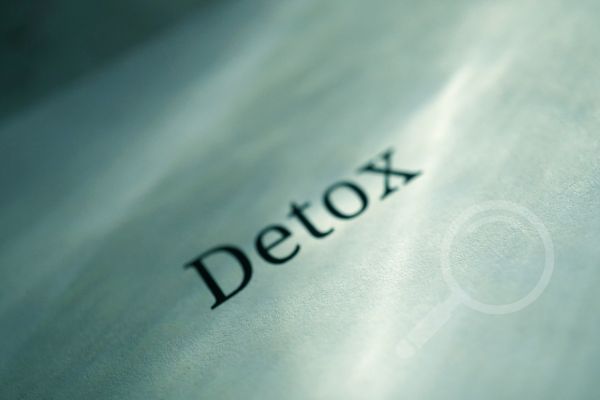The decision to seek recovery is the single most courageous step a person can take. Yet, the journey often begins with a terrifying hurdle: detoxification, the process of clearing substances from the body. While the image of “toughing it out” at home might seem appealing, the first 72 hours of detox, particularly for certain substances, are not merely uncomfortable—they can be life-threatening.
The Danger of Doing It Alone
The myth that withdrawal is just a bad flu is a dangerous one. For those dependent on alcohol or benzodiazepines (like Xanax or Valium), acute withdrawal can rapidly escalate into severe medical emergencies.
- Alcohol Withdrawal: Symptoms can start mildly, but within 24 to 72 hours, they can progress to seizures and a condition called delirium tremens (DTs). DTs is a state of severe confusion, hallucinations, and tremors that leads to dangerous spikes in blood pressure and heart rate, with a fatality rate of up to 15% if left untreated.
- Benzodiazepine Withdrawal: Similar to alcohol, “benzo” withdrawal carries a high risk of seizures. The long half-life of many of these drugs means the most dangerous symptoms can peak several days after the last dose, requiring extended professional monitoring.
- Opioid Withdrawal: While typically not life-threatening, opioid withdrawal (heroin, fentanyl, pain pills) is intensely painful and debilitating. The associated dehydration and exhaustion can be severe, and the intense physical discomfort often leads to immediate relapse, defeating the initial goal of sobriety.
Medical Oversight is the Safety Net
Professional, medically supervised detox transforms a potentially fatal crisis into a safe, manageable process. The primary function of a high-quality detox center is not just comfort, but continuous medical vigilance.
During those critical first three days, medical staff monitor vital signs—heart rate, blood pressure, temperature—every few minutes. This immediate data allows them to respond to any sign of seizure activity or cardiac distress with emergency protocols and stabilizing medications.
The use of Medication-Assisted Treatment (MAT) is another non-negotiable component. Clinicians use specific, non-addictive medications to ease the most severe symptoms of withdrawal. For instance, medications can prevent seizures during alcohol withdrawal, and specific MAT options can drastically reduce opioid cravings and physical pain, making the process survivable and reducing the likelihood of immediate relapse.
Paving the Way for Long-Term Healing
Beyond physical safety, professional detox serves a crucial psychological function: stabilization.
It’s impossible to engage in therapy, plan for the future, or address underlying mental health issues while in the throes of agonizing withdrawal. By safely managing the physical distress, a medical detox facility provides a crucial “reset” button, bringing the patient to a baseline level of comfort and clarity necessary to transition into comprehensive residential or outpatient therapy.
For those confronting the intense challenges of acute withdrawal, seeking a facility that provides medically supervised detox is the safest and most effective first choice. This critical foundational work—the cornerstone of successful long-term recovery—is precisely why programs offered at Hillside Retreat Detox Center prioritize the seamless integration of medical safety and compassionate care, ensuring patients are stable and ready for their next step.
The first 72 hours are a test of endurance, but they are a test you shouldn’t face alone. Choosing professional detox is choosing safety, medical integrity, and the best possible start to a sustainable life in recovery.
